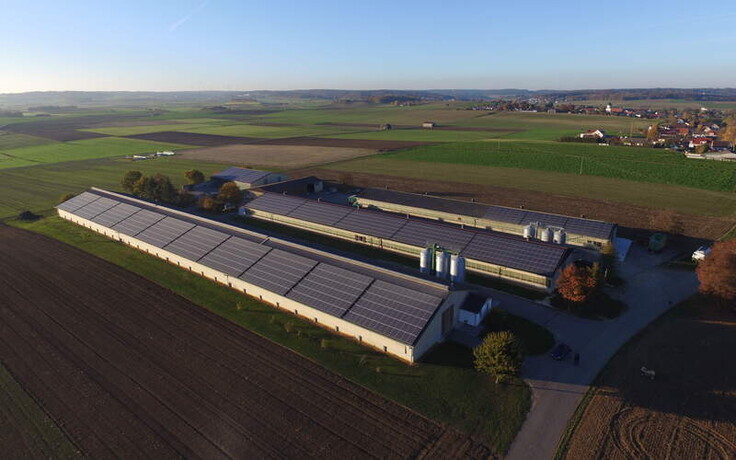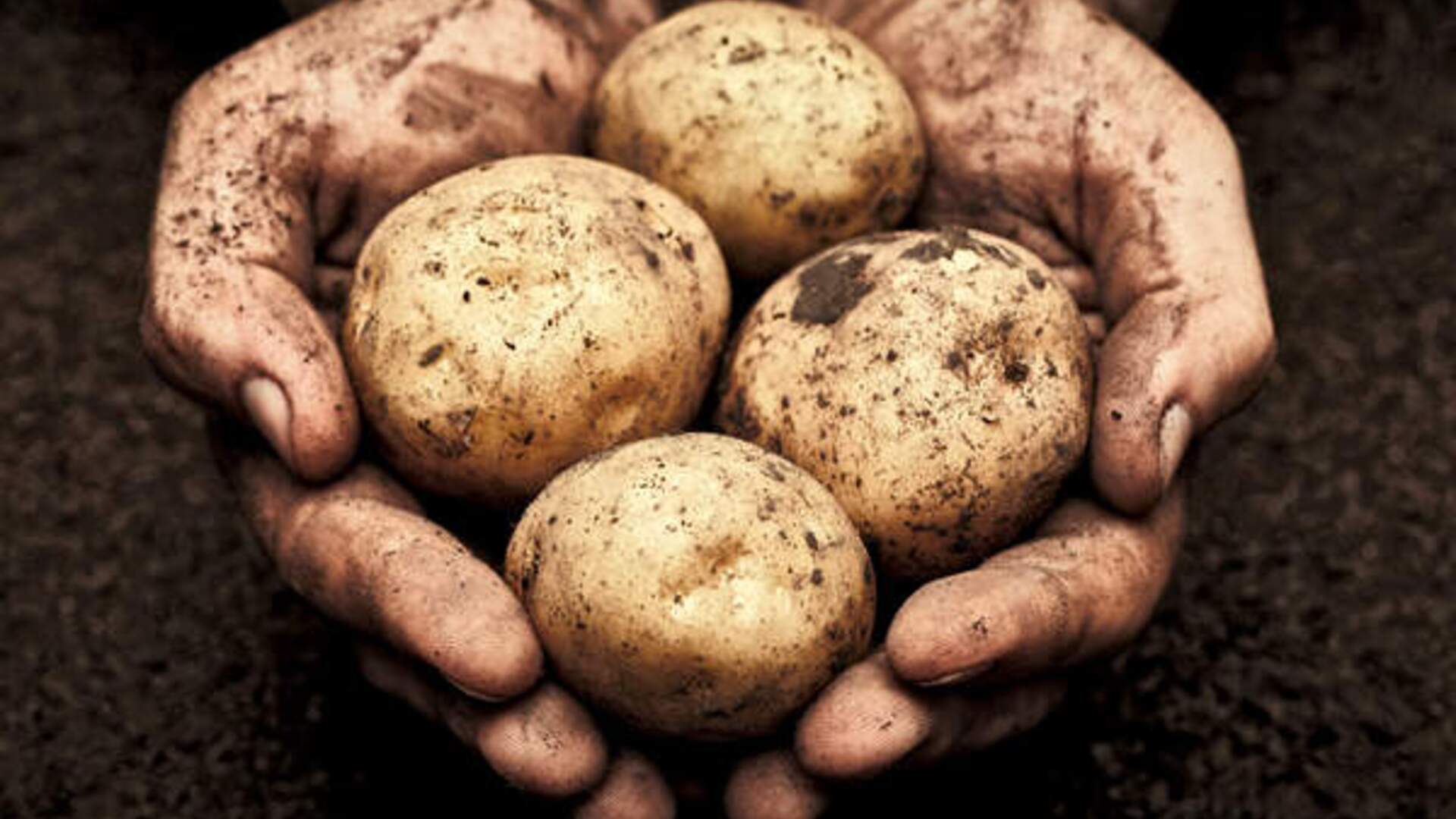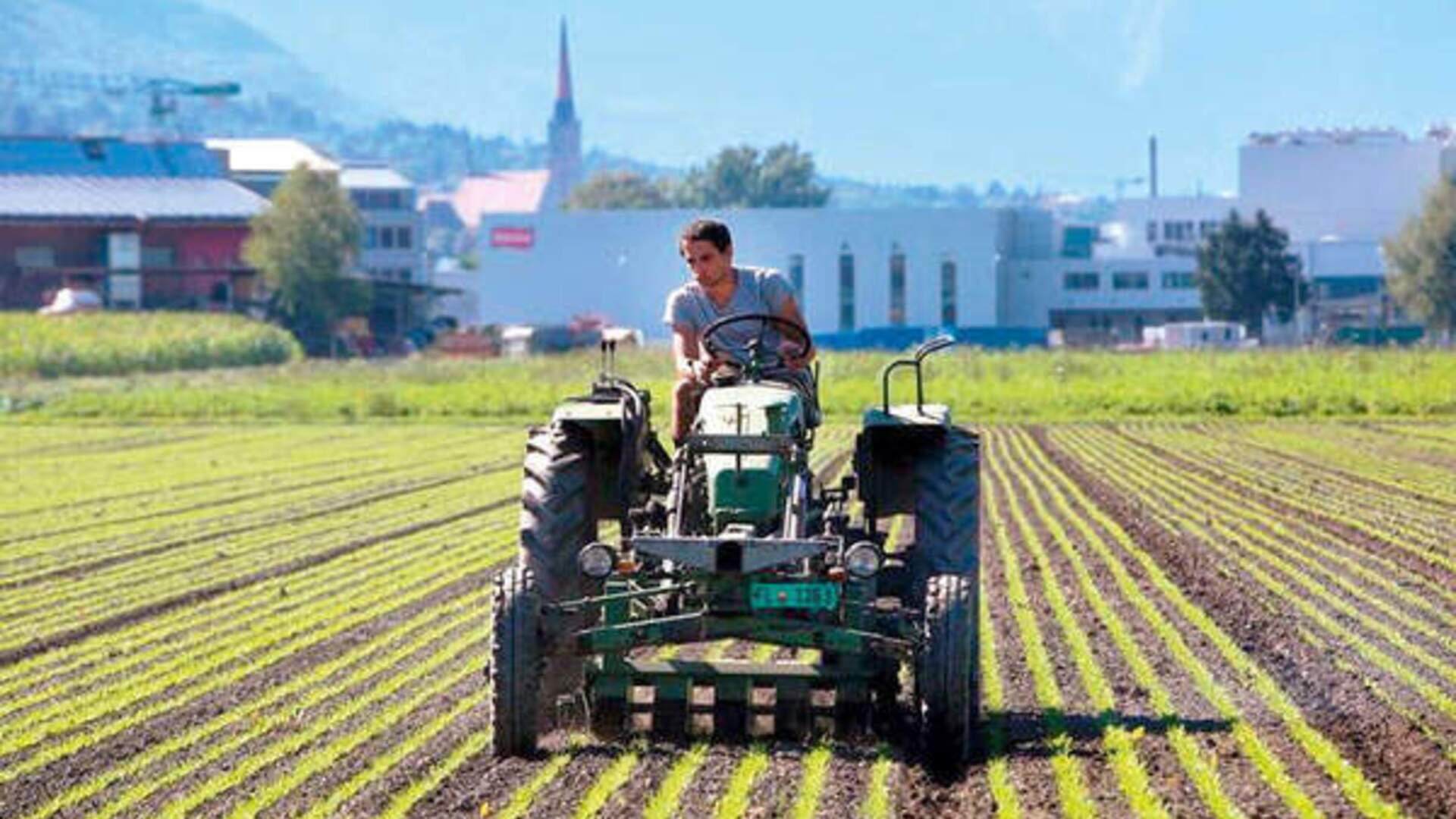The convenience specialist has been using this fat for the stock cubes of its Natur Compagnie, Erntesegen and Cenovis brands since 2013. In this way, Hügli not only avoids the use of controversial palm oil, but also supports women with fair prices and fixed sales volumes to improve their living conditions and those of their families. In the five years since the start of the collaboration, the amount of shea butter purchased has roughly tripled to 120 tons per year.
And as the demand for palm oil-free products continues to rise, Hügli has now found another sustainable source of organic shea butter with a group of female producers in Ghana.A common cause for sustainability

Respecting the well-being of people, animals and nature, saving water and energy or avoiding waste - sustainable action has become increasingly important in many areas in recent years. For the Bell Food Group, it is important to make the entire value chain sustainable - in countries in which the company operates.
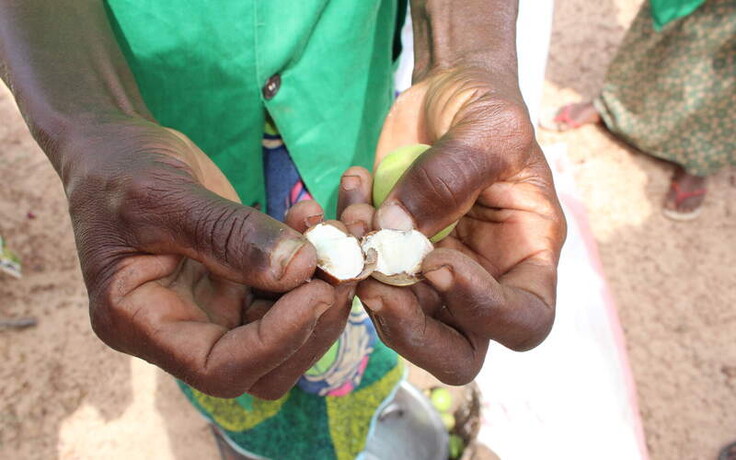
Therefore, it also selects its suppliers carefully and checks the principles according to which they work. All producers who supply the Bell Food Group with goods must comply with certain requirements. For example, the so-called "Don'ts list" specifies which goods the Bell Food Group does not purchase or sell. These include products from acutely endangered species, from inappropriate husbandry or those that have been obtained in an animal cruel way, such as eggs from cage farming or live lobster. "The requirements set out in this list have been chosen so that they offer protection for the entire group of companies and reduce the risk of us being held responsible for misconduct," explains Marlene Pendl, Sustainability Project Manager at Bell
In addition, the Bell Food Group has set itself targets for the coming years. One example of this is palm oil, which has been heavily criticized in the media and by the public. If it cannot be replaced by another fat, it must at least bear the RSPO certificate throughout the Group, which stands for sustainable cultivation and the limitation of environmental damage. In addition to the Group-wide targets, country-specific targets have also been defined for each division, taking into account the respective framework conditions.
The Bell Food Group also keeps an eye on the working conditions of its suppliers - especially when purchasing raw materials from overseas. "Producers from so-called 'risk countries' have to prove to us that they comply with certain social standards," says Marlene Pendl. "This rules out the possibility of our suppliers employing children or not paying employees, for example."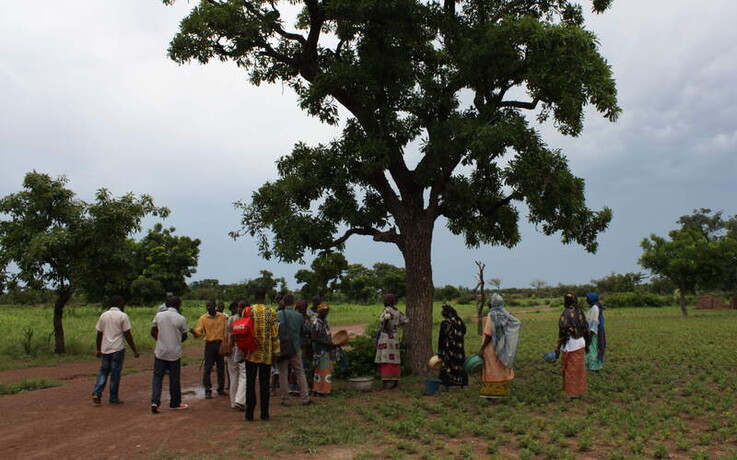
However, the Bell Food Group not only defines the framework conditions for cooperation with its producers. The company often also supports the farms in implementing sustainable goals. In Switzerland, for example, Bell has set up an integrated poultry production facility in which contract producers receive intensive support in responsible animal husbandry. This begins with questions about barn construction, hygiene and feeding and extends to the care of broiler chicks and vaccination on the parent farms by the two veterinarians from Bell Switzerland's health service. Hilcona also offers a very similar program for vegetable farmers. Among other things, partners can borrow special machines for harvesting certain types of vegetables. Hilcona also ensures the shortest possible delivery routes for transportation to its production plants.
Despite the many measures that have already been successfully implemented, the topic of sustainability still offers plenty of potential. There is room for improvement in the area of packaging, for example. In addition to the target that the Bell Food Group has set itself for the reduction of packaging material, producers can also contribute to further optimization and thus to waste avoidance.Organic shea butter from Burkina Faso for Hügli
The shea nut tree, also known as the shea tree, grows in Africa in a strip north of the equator. Burkina Faso, one of the poorest countries in the world, is also located in this shea belt. Here, the two women's groups "ABPJF" and "Ragussi" process the seeds of the mighty trees into BioShea butter for Hügli

Potatoes from the organic pioneer for Hilcona
Back in the 1980s, when organic farming was still in its infancy in Europe, Richard Schierscher started to cultivate his farm using biodynamic methods. This made him one of the organic pioneers in Liechtenstein. His son Samuel has since taken over the Auhof. But the strict guidelines have not changed. For example, he also refrains from using herbicides and synthetic chemical pesticides on the entire farm. The Demeter and BioSuisse certifications prove that these guidelines are carefully adhered to.
For more than 20 years, Hilcona has also relied on the high-quality vegetables grown at Auhof. Among other things, the farm grows around 60 tons of organic potatoes for the company's Biorösti products under contract every year.Rabbit meat from species-appropriate husbandry for Bell
In order to raise rabbits in the most species-appropriate way possible, Kani Swiss has developed a unique husbandry system in Europe. The animals live together in small groups in generously sized enclosures. Plenty of hay and straw as well as individual retreats ensure that they can live out their natural behavior and feel completely at ease. The Bell supplier was also awarded the Good Rabbit Award for this two years ago in Berlin.
Bell Switzerland has been sourcing rabbit meat from Kani Swiss, which is sold exclusively at Coop, for almost 20 years. Initially, rabbit farming was still a sideline for owner Felix Näf, but the quantities purchased increased significantly over the following years and animal welfare became more and more of a focus. When Coop decided in 2008 to only sell rabbits from Switzerland, Felix Näf expanded his business and developed the species-appropriate group rearing method.
Today, the breeder and his partner companies supply Bell with up to 3,000 rabbits a week from their own abattoir. And he continues to focus on improving sustainability: He is currently developing approaches to market by-products such as bones, stomachs and hides.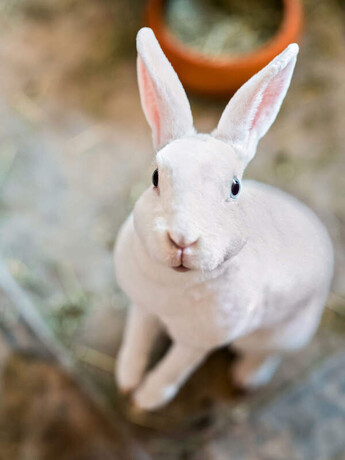
CO2-neutral heat for vegetables and lettuce for Eisberg
Thanks to a clever collaboration with the neighboring waste incineration plant, Gebrüder Meier Gemüsekulturen AG heats its greenhouses without the use of fossil fuels. Vegetables and lettuces grow on four hectares of land at the site in Hinwil, Switzerland, at temperatures precisely tailored to their needs. This saves around two million liters of heating oil per year.
One of the customers of this innovative company is Eisberg. The company has been working with the Meier brothers for more than 20 years and sources various types of lettuce, cauliflower and courgettes from them, for example. Aspects relating to sustainable vegetable cultivation are a regular topic of discussion between the two partners during personal visits to the farm and contract negotiations.
Turkeys from animal-friendly husbandry for Süddeutsche Truthahn AG
Turkey farmer Ernst Linder wants to play an active role in shaping the future of animal husbandry. The farmer from southern Germany is therefore taking part in the "Model and Demonstration Project Animal Welfare" of the Federal Office for Agriculture and Food (BLE). His demonstration farm is currently testing the keeping of turkey cockerels with uncropped beaks. Background: turkeys can cause serious injuries to each other with their sharp beaks, which is why these are often shortened in conventional fattening systems. In the interests of animal welfare, the project now aims to show how this behavior can be reduced to a minimum in animals with intact beaks.
To this end, Ernst Linder has converted a rearing barn and a fattening barn for 4,000 animals each so that they have sufficient opportunities to retreat and keep busy. Three times a day, he makes his rounds of the stables to make sure the turkeys are doing well. He is also visited by animal welfare advisors from the BLE. The farm's participation in the initiative was also supported by Süddeutsche Truthahn AG. The Bell Food Group company suggested him for the initiative and supported him during the on-site appointments with the project managers. Süddeutsche Truthahn AG has been sourcing turkey meat from the dedicated farmer since 2006. This currently amounts to around 1,500 tons per year.
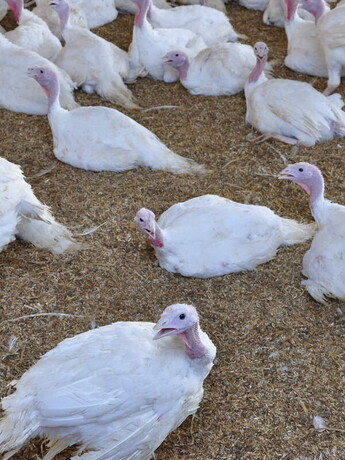
Poultry farm with its own biogas plant breeds chickens for Hubers Landhendl
Chickens like it nice and warm in their coop. For example, the temperature in the henhouse for chicks is 34 degrees Celsius. Depending on the outside temperature, this means that livestock farmers have to heat their houses all year round. Chicken farmer Norbert Hummel has found a sustainable source of heat for his stables: The manure from his chickens - around one ton per day, after all. To do this, he built his own biogas plant on his farm in Waldkirchen, Austria, 15 years ago. It not only provides enough heat to heat the stables and the house, but also to dry grain in the summer months. The plant also generates electricity, which Norbert Hummel feeds into the Austrian green electricity grid.
In addition to the sustainable operation of his farm, animal welfare is also a high priority for the farmer. In 2016, he therefore decided to build his new barn for 40,000 chickens in accordance with the standards for "particularly animal-friendly housing", or BTS for short. He had a strong partner at his side: Hubers Landhendl. The Bell Food Group company not only advised him on the construction of the new barn, but also became a major customer. Today, Norbert Hummel supplies Hubers Landhendl with around 580 tons of chicken meat per year and has thus been able to help meet the high demand for BTS chicken in Switzerland.